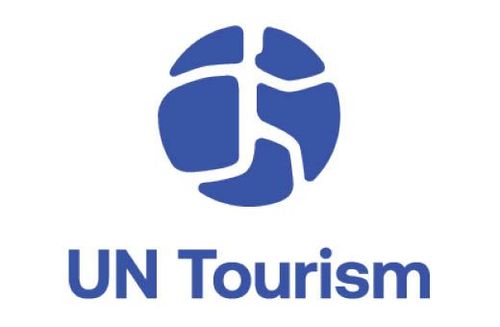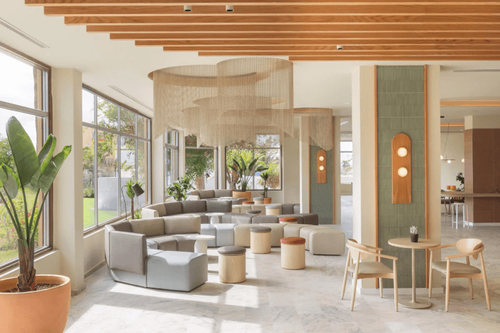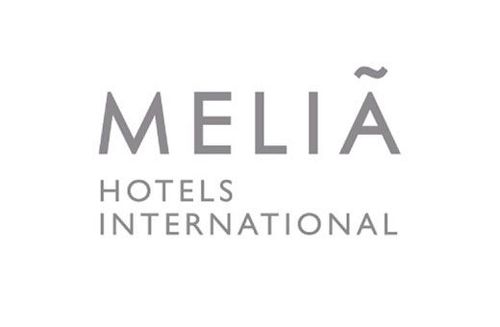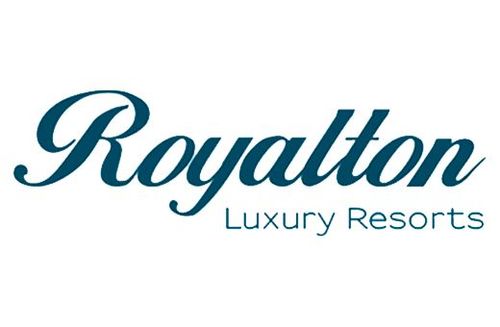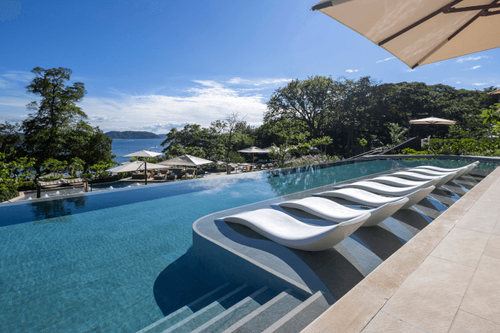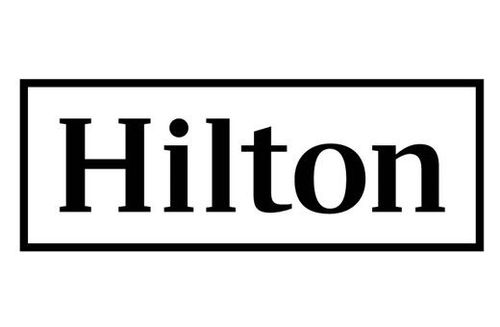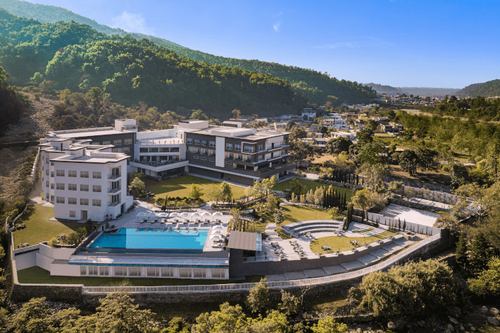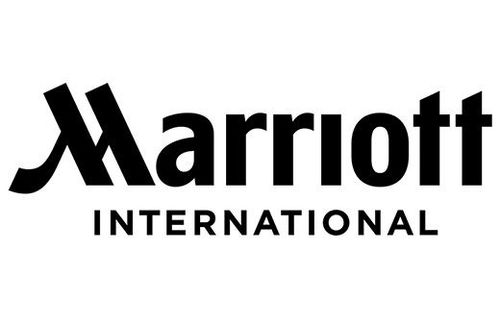Where travel agents earn, learn and save!
News / UNWTO: COVID-19 and Vulnerable Groups
An inclusive response for vulnerable groups
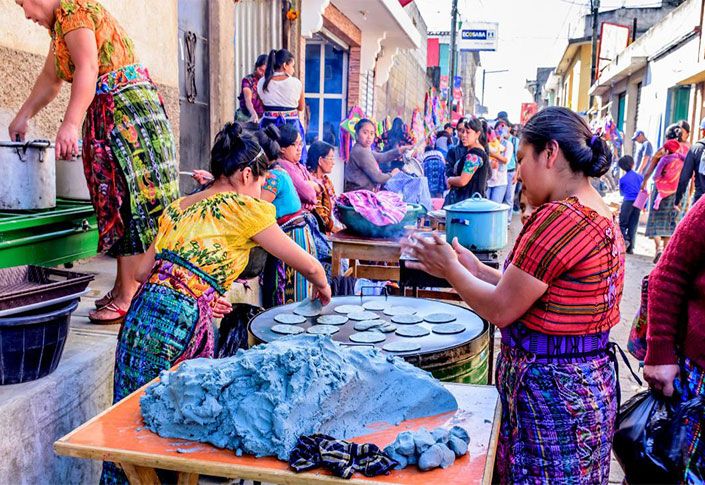
April 28 - Just as the tourism sector is affected more than others by the current COVID-19 pandemic, vulnerable groups within the sector are among the hardest hit.
As laid down in the UNWTO Framework Convention on Tourism Ethics, the sector has a duty to promote the rights of the most vulnerable groups such as women, indigenous people and people with disabilities.
“Tourism activities should respect the equality of men and women; they should promote human rights and, more particularly, the individual rights of the most vulnerable groups, notably children, the elderly, persons with disabilities, ethnic minorities and indigenous peoples.”UNWTO Framework Convention on Tourism Ethics Article 5, paragraph 2
COVID-19 & Women in Tourism
As a sector with a majority female workforce worldwide (54%) and most women in low-skilled or informal work, women will feel the economic shock to tourism caused by COVID-19 quickest and hardest. These women must be included in immediate mitigation measures.

Looking ahead, the recovery of the sector presents a golden opportunity for tourism to build on the huge strides forward it has taken in women’s empowerment by reducing barriers to entry, elevating female employees recovery efforts, increasing protections and reporting how the effects of the pandemic are affecting men and women in tourism differently.
Immediate Response
Aid for informal workers: Women’s employment in tourism is dominated by informality. The instability and lack of legal protections inherent to informal employment therefore leave women particularly exposed to the sharp downturn in tourism trade and receipts. Stimulus and aid packages must ensure that people in informal employment are eligible for relief and support measures to avoid adversely disadvantaging the female workforce.Gender balance at the top tables of crisis management: The tourism sectors workforce and public authorities are characterised by a lack of women in positions of power. To ensure that women are an integral and equal part of the recovery, they must be an equal part of shaping the sector’s response. Female inclusion in decision-making processes and visibility in communicating the response are therefore vital to ensuring a gender-inclusive sector-wide response.
Access to healthcare: Many women in tourism form part of the vulnerable groups such as migrants or seasonal workers and have precarious working conditions which impede their access to healthcare. Governments must ensure women in tourism’s access to affordable, quality and equitable healthcare, including sexual and reproductive healthcare, in particular for the most vulnerable groups.
Equal access to information: The internet user gender gap stands at 17% worldwide, with many women’s access limited due to illiteracy, financial or domestic concerns. Information and material on COVID-19 and response efforts should be disseminated through a varied spectrum of communication channels with a focus on formulating messages targeted at mothers and youth.
Recovery
Protection against gender-based violence: Sexual harassment and other forms of gender-based violence (GBV) are prevalent in the tourism sector. The increased visibility of GBV that has arisen as a result of COVID-19 must be met with increased legal protections not only for cases of domestic violence but also other forms of GBV that will make tourism a safer-space for women workers as the sector recovers.Flexible working conditions: Three quarters of all unpaid care work is performed by women. As COVID-19 increases the need for unpaid care with higher illness rates and many dependents at home, it is also forcing businesses to offer more flexible working conditions and increase teleworking capacities. The continuation of flexible working conditions in the recovery would remove barriers for women wanting to get back to or begin work in tourism.
Boost entrepreneurship and career progression: Tourism’s economic recovery will provide a unique opportunity to have more women in leadership positions. Governments should reduce legal barriers and increase access to finance to boost women’s entrepreneurship. Meanwhile in businesses more women should be designing and implementing recovery programmes which offer opportunities for career progression as the recovery gathers pace.
Sex-disaggregated data: Understanding and analysing women’s participation in tourism is made difficult by the lack of tourism data that is disaggregated by sex, also hampering the sector’s ability to formulate a gender-inclusive response. Member States and tourism businesses should prioritize disaggregation by sex in their data collection and increase reporting to give policymakers, CEOs and entrepreneurs the tools they need to ensure that recovery measures boost women’s empowerment.
UNWTO has developed these measures in collaboration with international, national and local partners to help governments and businesses craft an inclusive response to COVID-19, ensuring that no one is left behind.
If you would like to share how women in tourism are responding to the COVID-19, please send us an email at ecsr@unwto.org. This information can help the sector and other women in tourism face the impacts of COVID-19. #TravelTomorrow; #GenderEquality
COVID-19 & People With Disabilities
People with disabilities and seniors are heavily affected by COVID19. They are often excluded from communications on public health and travel updates, decision-making and information on accessibility of basic services.Their health conditions and social isolation can expose them to serious risks. The pandemic outbreak, coinciding with the offseason in many destinations, also caught many people with access requirements travelling or “about to board”.

The recovery should include accessibility as a central pillar in measures to improve destinations’ offer and competitiveness, contributing to inclusive environments, services and employment.
Immediate Response
Repatriation without delays: Accessibility measures are important during repatriation, so everyone can benefit (accessible transport, routes, information, communication). Compromising accessibility entails safety risks and unwanted injuries.Courtesy accessible accommodation: The provided assistance should observe specific access needs. People with disabilities often travel accompanied, which implies extending the assistance to companions or “essential staff”.
Peer-support among DMOs and DPOs: Destinations should engage disabled peoples’ organizations (DPOs) to support immediate actions. They are mediators in understanding specific needs, existent barriers and the ways to bridge them.
Accessible Communication and Technology: New technologies can make products and services user-friendly. Making technology and communication channels disability-friendly, during and post-COVID19, will benefit all.
“Tourism for All” more than ever in 2020: “Tourism for All” is to be encouraged throughout the year, especially in the forthcoming 2020 high season. People with access needs and seniors can contribute to tourism recovery.
Recovery
“Tourism for All” policies: People with disabilities and seniors represent an immense market opportunity, notably in off/mid - season periods. Destinations should harness this potential and make accessibility a reality.Improved customer service: Tourism professionals usually lack basic training on attending to customers with disabilities. A quality service implies employees anticipating their clients’ needs, regardless of customers’ abilities.
Equal opportunities in employment: The employment policies in tourism companies should be driven by equal opportunity principles. Proper job adaptations and skill matching enable everyone to access the labour market in our sector.
Use of innovative technology: Technologies should be a lever in making travel easier and more inclusive for all. Alternative formats. i.e. sign language, easy reading, subtitles, audio descriptions and Braille, should be incorporated by developers.
Application of international standards: Tourists need the same accessibility conditions, wherever they travel. Applying international standards can ensure the same level of accessibility for tourism products and services worldwide.
UNWTO has developed these measures in collaboration with international, national and local partners to help governments and businesses craft an inclusive response to COVID-19, ensuring that no one is left behind.
If you would like to share how tourism and people with disabilities are responding to the COVID-19, please send us an email at ecsr@unwto.org.This information can help the tourism sector and other Indigenous communities to face the impacts of COVID-19. #TravelTomorrow; #TourismForAll
COVID-19 & Indigenous Communities
The cultural expressions of Indigenous peoples are among the most distinctive features of tourism destinations, making them key players within the sector. Despite their global relevance, Indigenous peoples have historically been among the most marginalized of population groups. As the pandemic impacts heavily on the tourism industry, those disadvantaged Indigenous communities will be affected first and most severely.

The recovery process gives the sector a chance to learn and uphold the commitments of the international community, particularly the call for the free, prior and informed consent of Indigenous people in all decisions that affect their lives and livelihoods. In this reconstruction, inclusive management systems shall become the new normal in tourism.
Immediate Response
Respect communities’ own tourism measures: In the face of the current crisis, Indigenous communities’ decisions on self-isolation or exposure to tourism must be respected in line with the communities’ views and relationship with nature.Use established communication channels: Access to relevant information may be compromised by linguistic and physical obstacles, or scarce external contacts. Previous work with the communities, allows some tourism operators to facilitate information flow between community focal points and crisis-management entities.
Use tourism’s infrastructure for humanitarian aid: Tourism’s infrastructure and equipment can enable communities to benefit from mitigation initiatives. The solidarity can create bonds and better understanding between tourism operators and indigenous communities.
Include cultural mediators in the response: Cultural differences and perceptions may compromise the effectiveness of the recovery measures. Cultural mediators, such as NGO’s, enable mutual agreements and effective response actions.
Recovery
Inclusive tourism recovery plans: The active engagement of Indigenous communities in defining their interaction with tourism reduces the negative impacts on their well-being. The close relationship between Indigenous populations and the natural world, as well as the transmission of their cultures, must be integrated into any tourism recovery plan.Diversify economic, social and cultural retributions: Tourism often represents the only source of income for Indigenous peoples and their communities. Developing additional services and products, especially in relation to agriculture and traditional land uses, supports their economic diversification. Retribution to the communities should also include social and cultural benefits.
Use partnerships to prioritize Indigenous tourism: Indigenous tourism operators should speak as a single voice to better mobilize support. Private and public partnerships, particularly those involving companies specialized in responsible tourism with Indigenous communities, can prioritize indigenous peoples in the recovery process.
Capacity building: The COVID-19 crisis has raised the need to build more resilient communities. Increased human capacities would reinforce hygiene standards, crisis management, communication and tourism management skills. Training should enable access to online markets, new consumption channels and accelerating their economic recovery.
UNWTO has developed these measures in collaboration with international, national and local partners and aim to help governments and businesses craft an inclusive response to COVID-19, ensuring that no one is left behind.
If you would like to share how tourism and Indigenous communities are responding to the COVID-19, please send us an email at ecsr@unwto.org. This information can help the tourism sector and other Indigenous communities to face the impacts of COVID-19. #TravelTomorrow; #WeAreIndigenous
For more information, please visit unwto.org
More Travel News:
Introducing WTM Global Hub, new virtual platform
Preferred Hotels Surveys Loyalty Program Members on Future Travel Plans
G Adventures COVID-19 Updates
U.S. Travel Announces New City, Dates for IPW 2021



